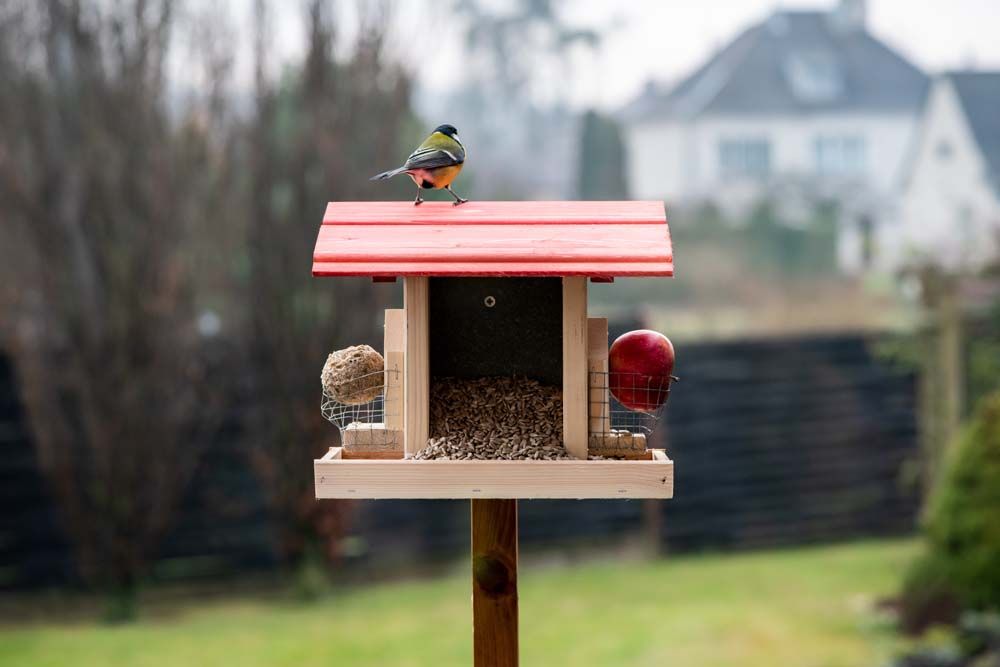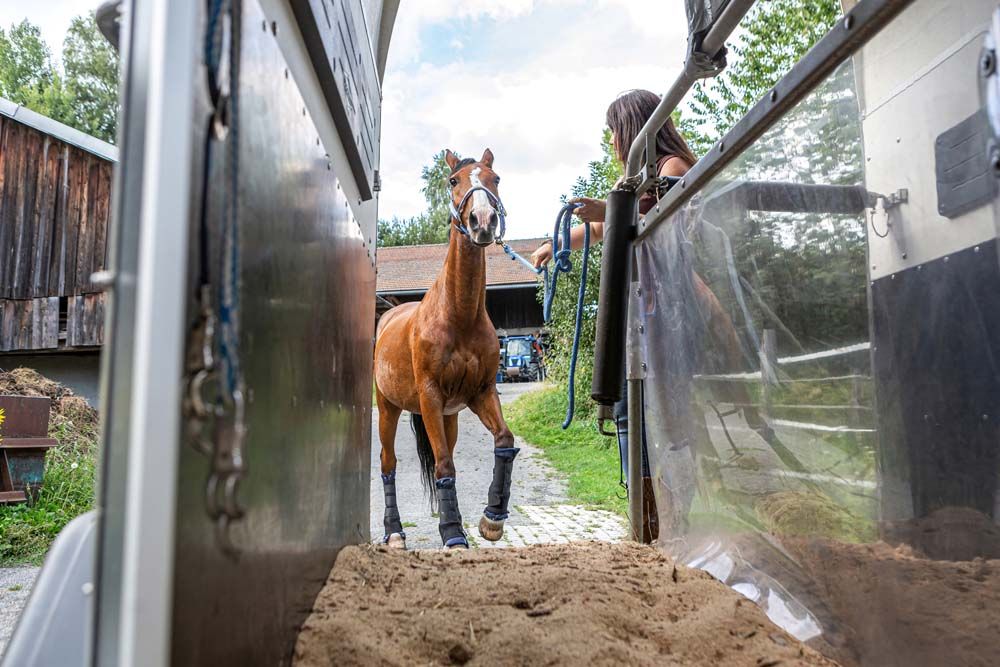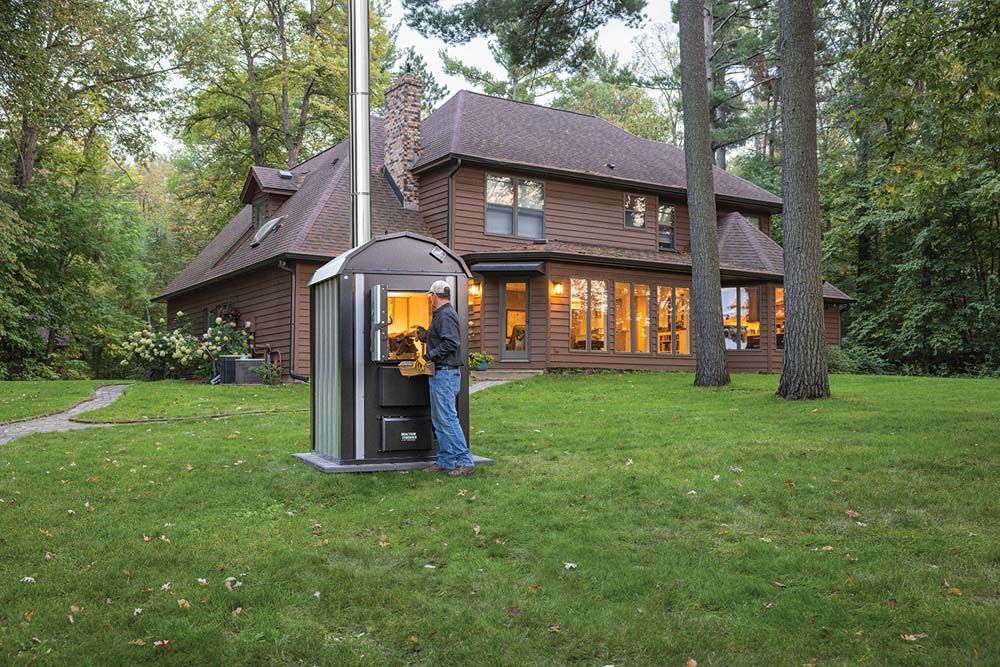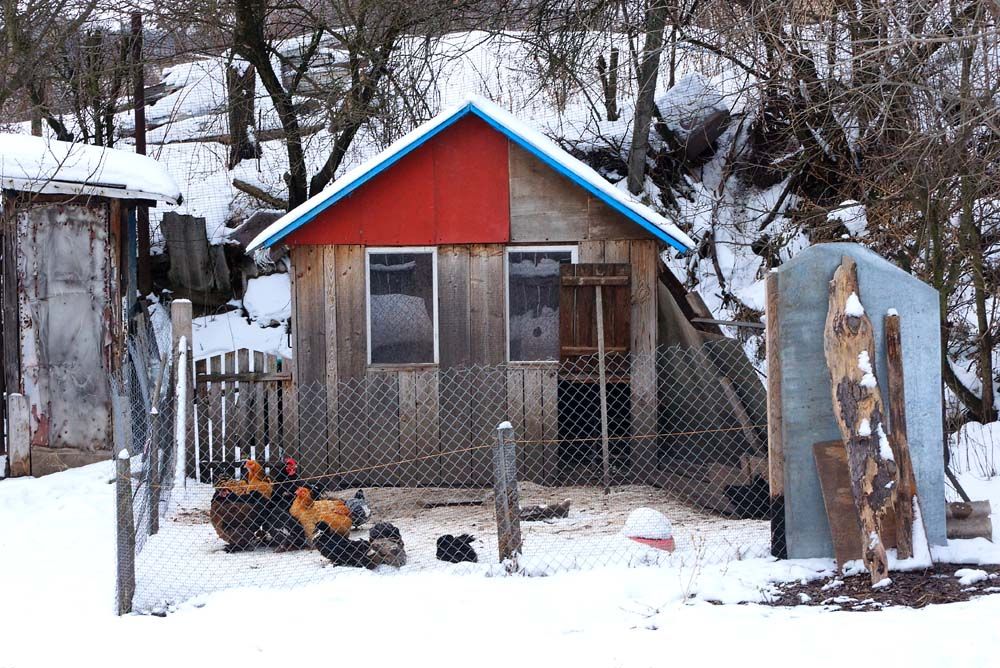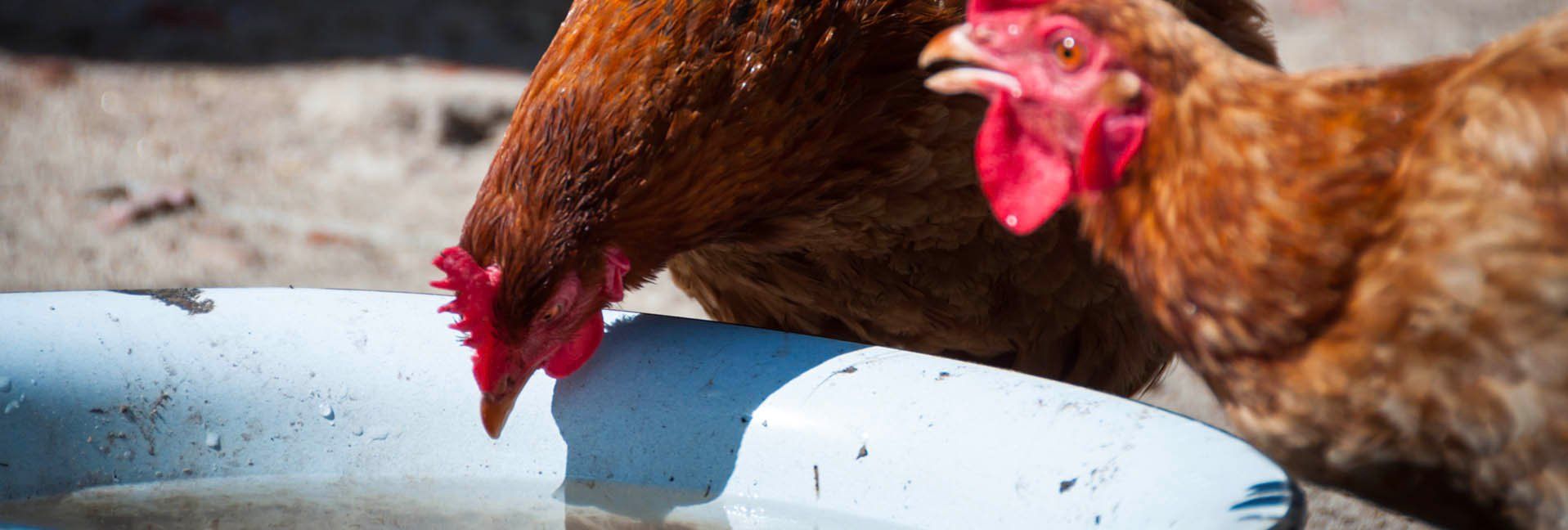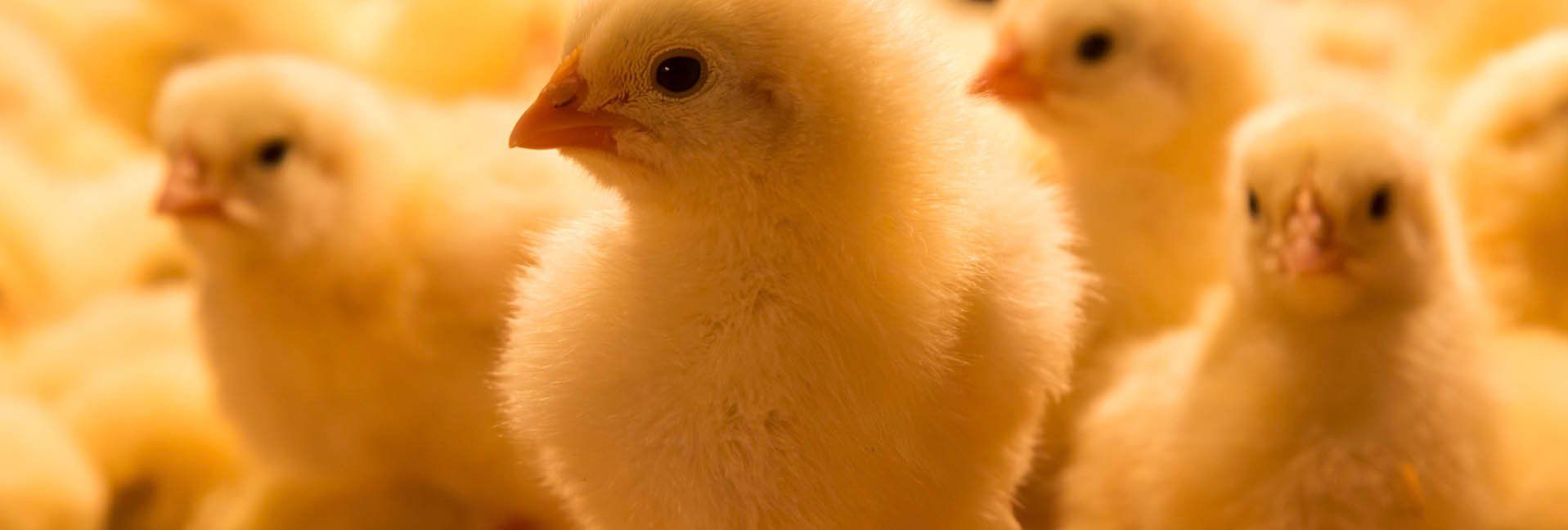Keep Your Chickens Healthy and Happy - And look good doing it, too
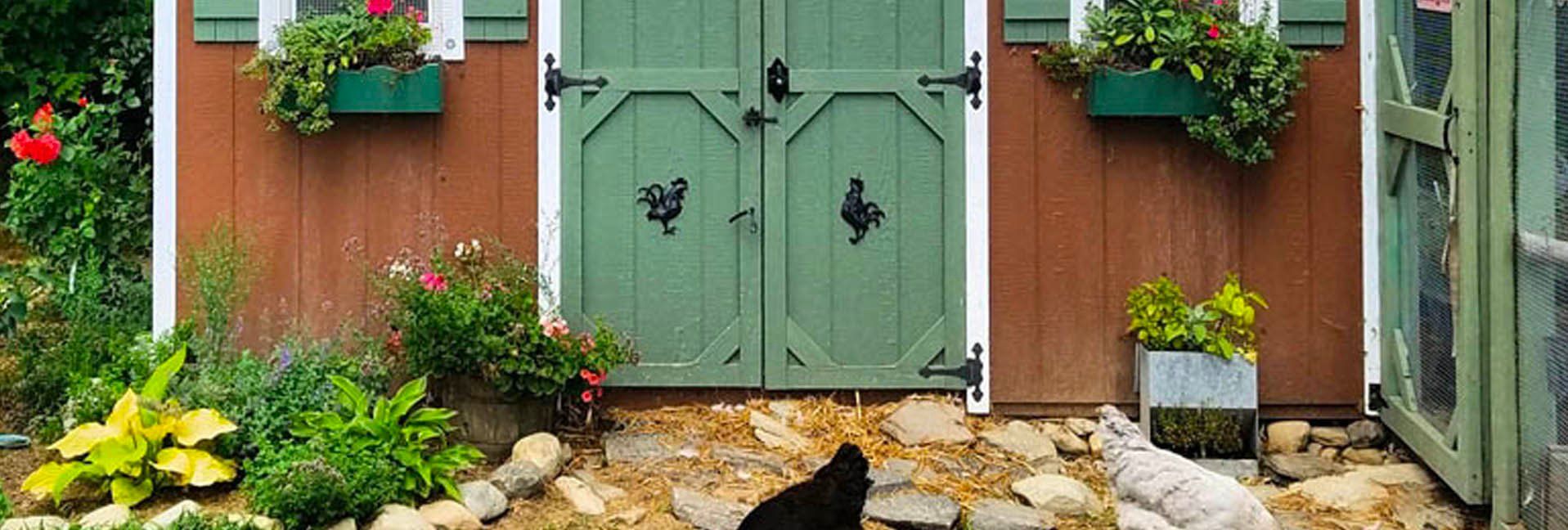

Raising chickens continues to grow in popularity as suburban homeowners and acreage owners alike discover the joys of a healthy brood t delivering a daily supply of fresh eggs. Keeping chickens healthy and happy begins with providing your hens with a safe and comfortable place to live—and then providing for their daily needs with fresh water, healthy food and the basic creature comforts that they enjoy.
Lisa Steele is a fifth-generation chicken keeper and the author of Fresh Eggs Daily, a best-selling book on raising chickens. (Steele is also the creator of the blog FreshEggsDaily.com and her Fresh Eggs Daily page on Facebook has nearly 700,000 followers.) Steele says keeping chickens is not complicated, but it does require a watchful eye and a daily commitment to maintaining a healthy environment.
According to Steele, a happy flock starts with a large, well-ventilated chicken coop. The coop is literally the chickens’ home, so it has to be safe and secure from predators. She recommends covering all open windows with half-inch welded wire to keep foxes, weasels, raccoons, and other predators out. A secure latch on the door that raccoons can’t open is another requirement.
The chicken coop should have roosting bars (at least eight linear inches for every hen) where the hens will naturally go when it’s time to sleep. Steele says roosting bars should be “laddered” at different heights starting at 12 inches off the ground and going up 12 to 18 inches each—giving hens a chance to roost at the height they each prefer. In winter, when the warmest place in the coop is up where the heat rises, the upper roosting bars become especially popular.
In chicken coops that don’t efficiently retain heat, the addition of a heating source in the winter may be necessary. One good choice is a Cozy Coop Flat Panel Heater that combines both radiant and convection heat to protect poultry from the cold. This sleekly designed heater fits easily in small spaces, and it uses just 200 watts—about 13 percent the electricity of a standard 1,500 watt space heater. The heater has a built-in thermostat and an in-cord on/off switch for fingertip control. The Cozy Coop Flat Panel Heater is available online at cozyproducts.com.
Another requirement of a good chicken coop is private nesting boxes where the hens will go to lay eggs. Steele recommends at least one box for every three to four hens, with soft bedding at the bottom of each box. A typical nesting box is five-sided with an open front—about the size of a milk crate turned onto its side.
When Lisa Steele’s grandparents were raising chickens, they hung old feed bags to cover the front of the nesting boxes to give the hens a feeling of privacy and security. Today, Steele admits to making pretty curtains with tie-backs for the nesting boxes in her chicken coop. “In many ways, today’s chickens are family pets,” says Steele. “It makes me happy to make them comfortable, and I like the look of the nice curtains.” She also admits to putting rose petals or lavender cuttings in the nesting boxes, especially when you want to coax your hens into hatching their eggs.
The importance of the pen
Chickens aren’t going to spend all day in the coop, so a secure pen is needed with plenty of space for the chickens to stretch their legs. Steele recommends 10 square feet of pen for each hen. Like the coop, the chicken pen must be predator-safe. The pen should contain a dust/dirt bath area (about the size of a small kiddie pool) so three or four hens can use it at the same time.
As the chickens’ play yard, it should include a variety of things that will give them something to do while they engage in normal chicken behavior. Piles of leaves, a bale of straw, and stalks and stems from the garden give the birds an opportunity to scratch and peck to their hearts’ delight. Steele has put her family’s old Christmas tree in the pen, and the chickens love hopping on it. She also lines the inside of the pen with logs, and then rolls the logs away from the fence periodically to reveal the bugs and seedlings that the logs have sheltered. “My girls love to peck at the soft soil to eat whatever they find there,” said Steele.
In addition to a high-quality chicken feed, Lisa Steele makes sure that special treats (such as fruits, veggies and meat scraps) comprise only about 10% of her chickens’ diet. “Chickens are omnivores and little garbage disposals,” said Steele. “They love to eat kitchen scraps of all kinds—but don’t feed them dairy products.”
Warm, dry feet for you
While you’re doing everything you can to make your hens happy, why not make yourself happy, too? Sometimes tending to a flock of chickens involves walking out to the coop during rainy and sloppy weather, so it’s a great idea to keep your feet warm and dry in a pair of waterproof shoes or boots. The Chicken Collection of outdoor shoes and boots from Sloggers will keep your feet dry and put a smile on your face. They feature delightful chicken illustrations on a background of either daffodil yellow or barn red.
This fun and functional footwear is made from odorless, 100% recyclable plastic that is flexible, tough, and long-wearing. The deep-lug treads give the made-in-America shoes excellent traction in water and mud. The shoes slip on easily, and there are no laces to tie or clips to fasten. Clean-up is easy—just hose them off! Sloggers shoes sell for $29.99 and boots sell for $39.99 at www.sloggers.com.
Ultimately, one of the best ways to keep chickens happy and healthy is simply to spend time observing them. When you learn their individual personalities, as you’ll notice when they are happy and when there is something wrong.
So, slip on your outdoor shoes and watch your birds!
Tags:Chicken Whisperer

Acreage Life is part of the Catalyst Communications Network publication family.





